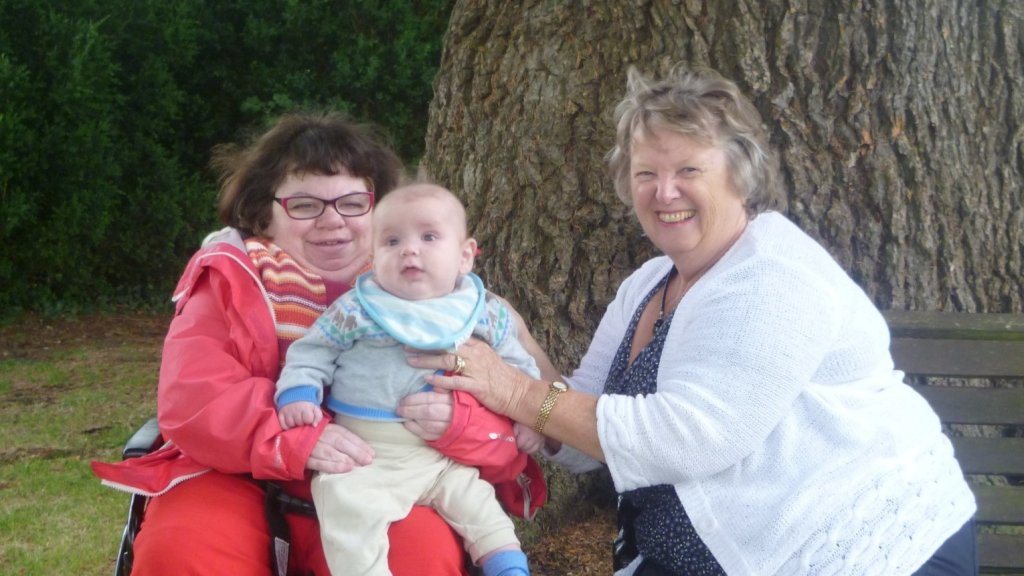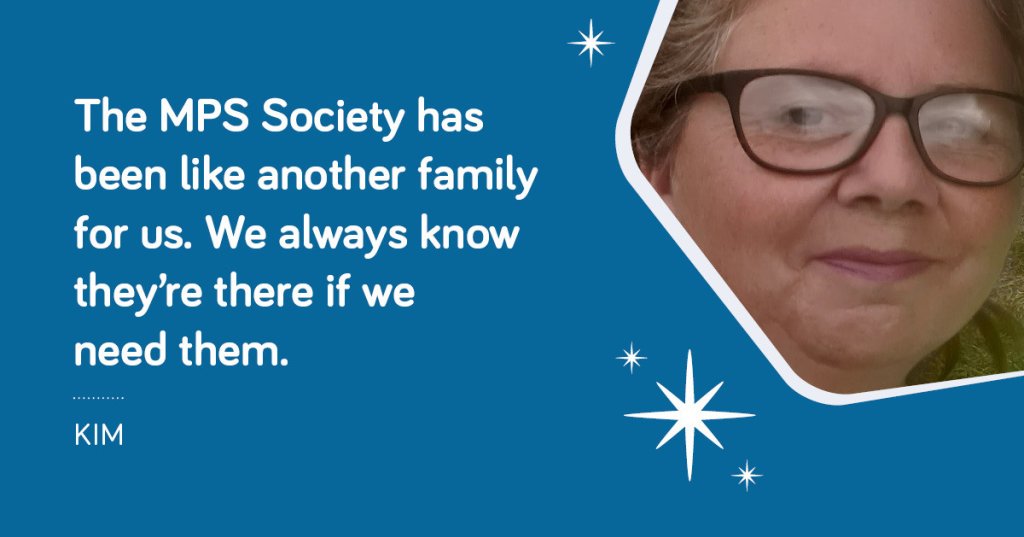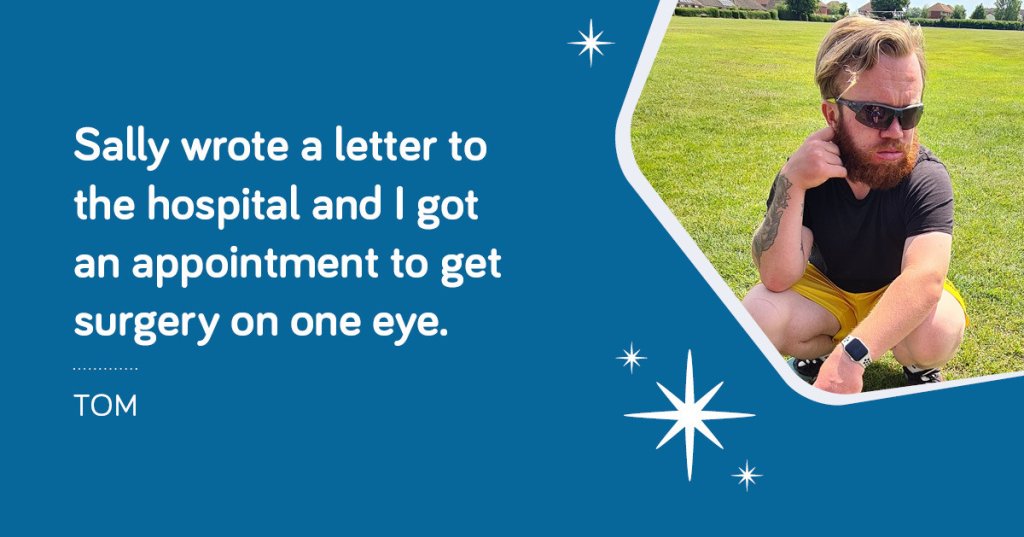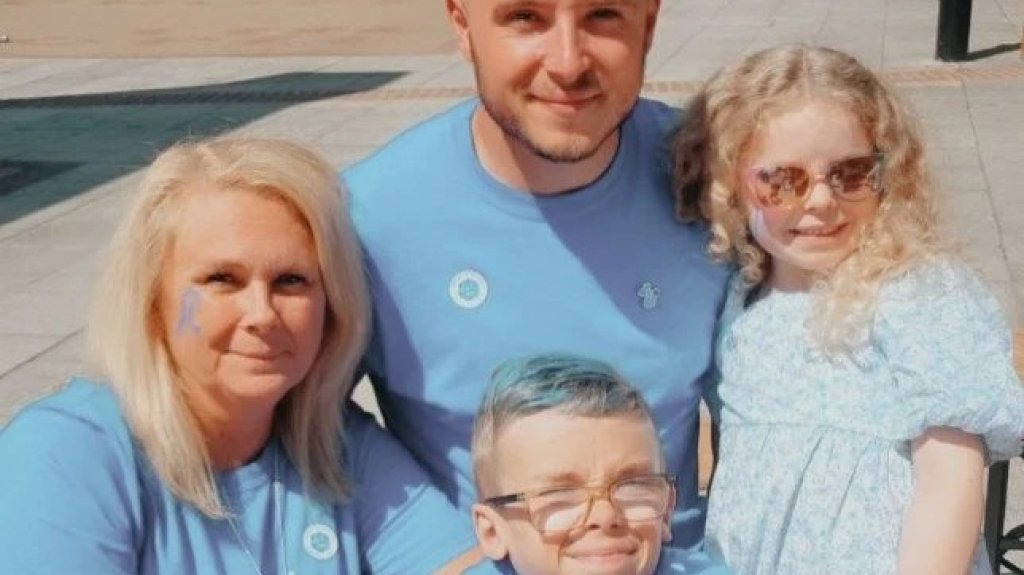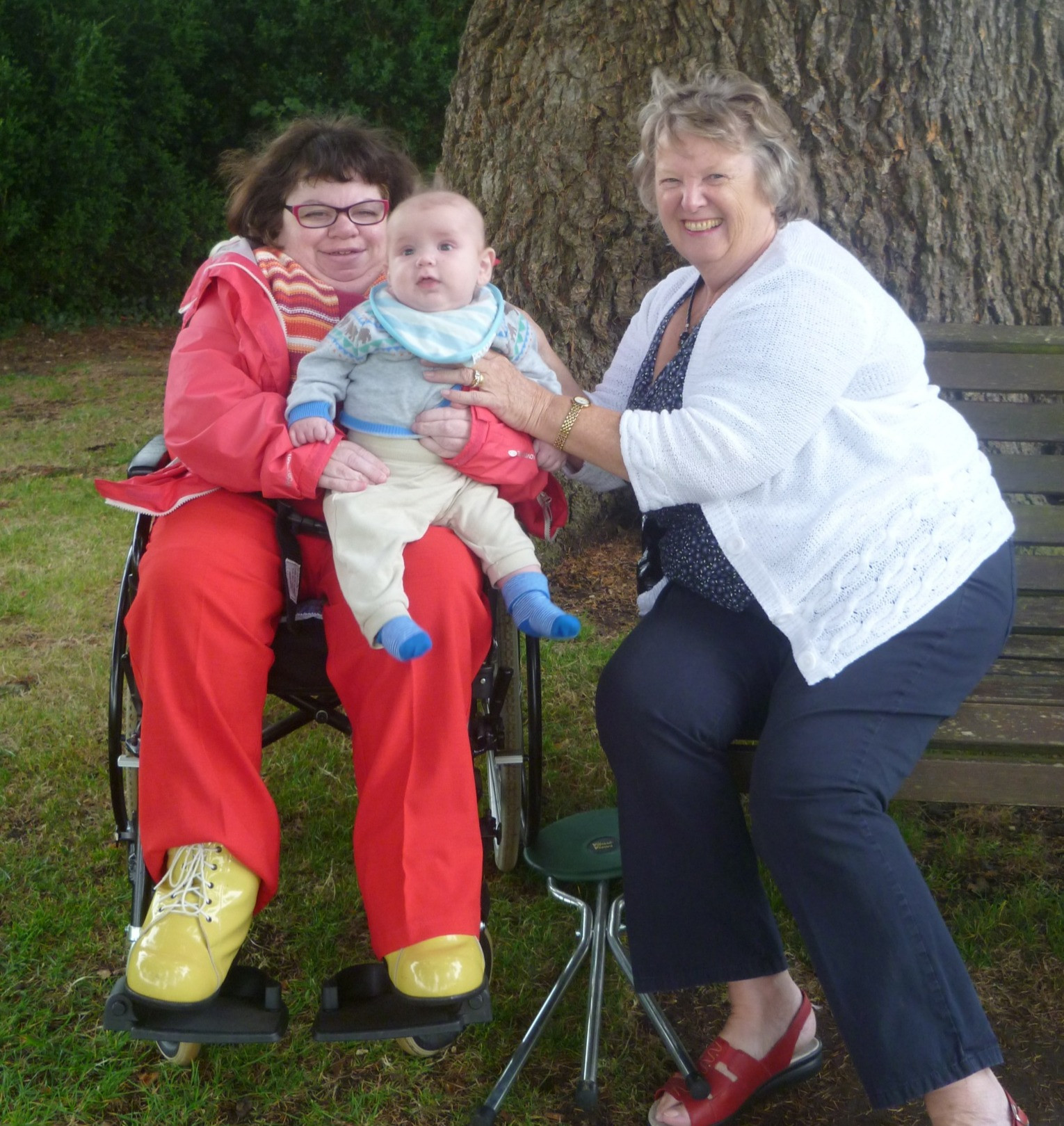
I would first of all say that 'coping' is probably the wrong word because losing our beloved Helen who had Hurlers Syndrome and died in 2016 from heart failure broke my heart and ended my life as I had come to know it through looking after her for 37 years.
So many of you reading this will know the constant hospital appointments, dealing with carers, struggling to get the best services for your loved one with various authorities by attending many meetings, often with people who think they know what your needs are as the main carer, but in fact don't have a clue. (Perhaps I should say here that some are absolute treasures and we were fortunate that Helen had many.) Then suddenly in a flash that was all gone, my days would never be the same again and all I felt was despair and emptiness. It was as though every feeling of love I had vanished with Helen and there was nothing left for anyone else.
The house was so quiet with only Michael and I. The person who ruled the house and filled it with joy had gone.
We had a business to run, so day by day I went through the motions of living and working, but each day as I was driving home the tears would flow, knowing when I opened the door there would not be any "hello Mum," followed by conversations of what Helen had been up to with her carers, especially if they had been shopping and there were lots of 3 for 2 offers to be had.
I would sob to the point of hyperventilating and had to give myself a good talking to, so that I calmed down and did not lose control altogether. We have a son, daughter in law and grandson, also being one of six children, many relatives and friends to talk to and receive comfort from, but these did not replace my Helen, they just dragged me on day by day.
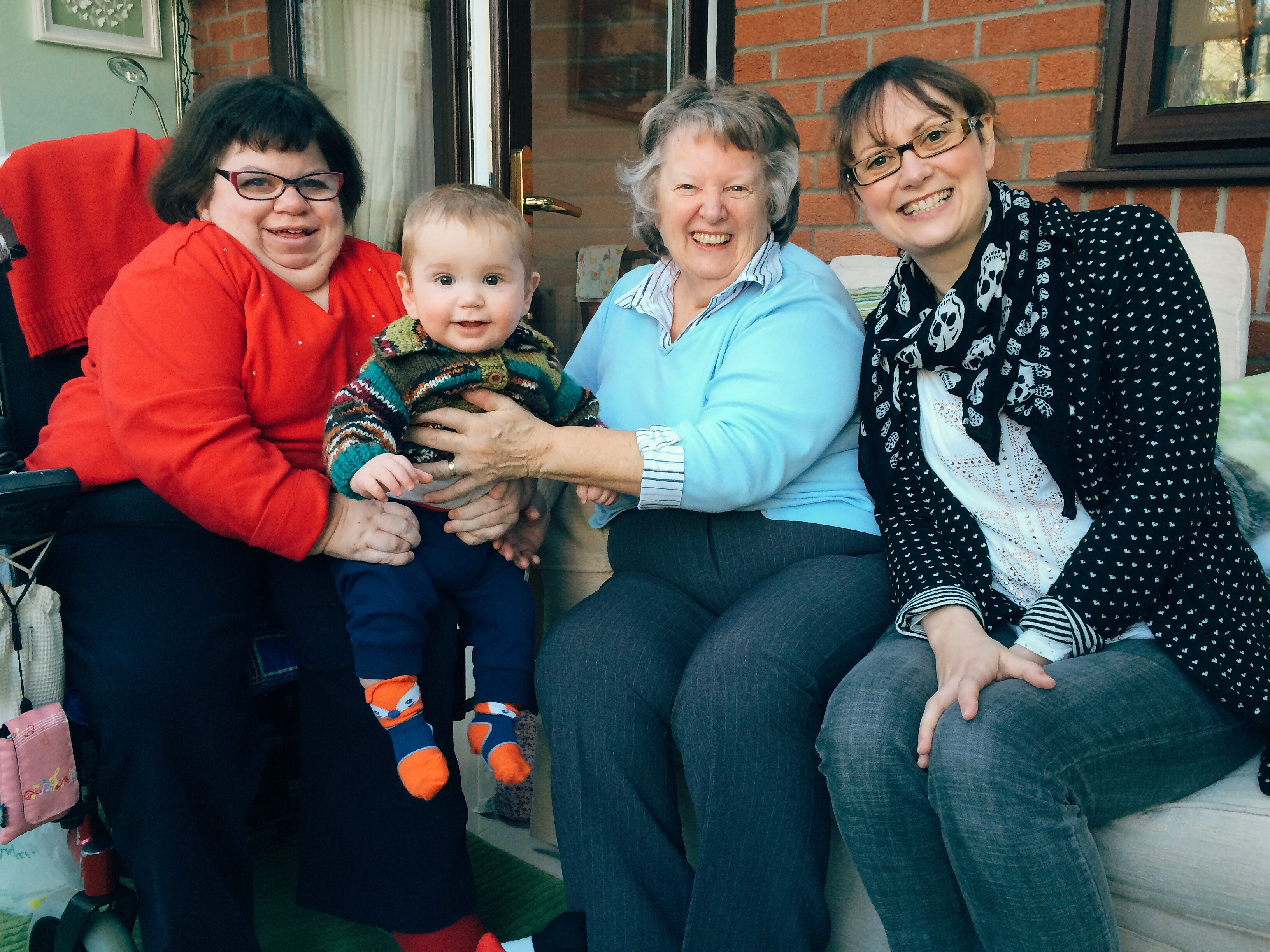 Everybody wants to offer advice on how to cope when one loses a loved one because they feel so helpless and hate to see the pain you are going through. 'Time is a great healer, you have lovely memories because Helen had such a wonderful life' meant well from kind people but of little comfort because memories are in the mind and soul, you cannot cuddle them, you cannot hear them speak, you cannot make plans with them, they are of the past and coping with the here and now is taking every bit of strength and courage I can muster, the grief is so huge and so raw. There were times when alone I just wanted to cry and wallow in my sorrow, even though kind people would say 'go out somewhere, come for coffee, do something to occupy your mind'. I didn't want to, I just wanted to be alone with my thoughts of my beloved Helen.
Everybody wants to offer advice on how to cope when one loses a loved one because they feel so helpless and hate to see the pain you are going through. 'Time is a great healer, you have lovely memories because Helen had such a wonderful life' meant well from kind people but of little comfort because memories are in the mind and soul, you cannot cuddle them, you cannot hear them speak, you cannot make plans with them, they are of the past and coping with the here and now is taking every bit of strength and courage I can muster, the grief is so huge and so raw. There were times when alone I just wanted to cry and wallow in my sorrow, even though kind people would say 'go out somewhere, come for coffee, do something to occupy your mind'. I didn't want to, I just wanted to be alone with my thoughts of my beloved Helen.
When there is more than one child, siblings grieve too and I was aware that it was hurtful to Richard when I said 'my life was over'. Richard is happily married to Judith and they have given us a wonderful grandson who is now eight. They are extremely important to me but they have their own life mapped out and they did not need the level of attention that Helen did. This was difficult to convey to Richard when Helen died but as time has passed, I think he now realises he is loved just as much as Helen is.
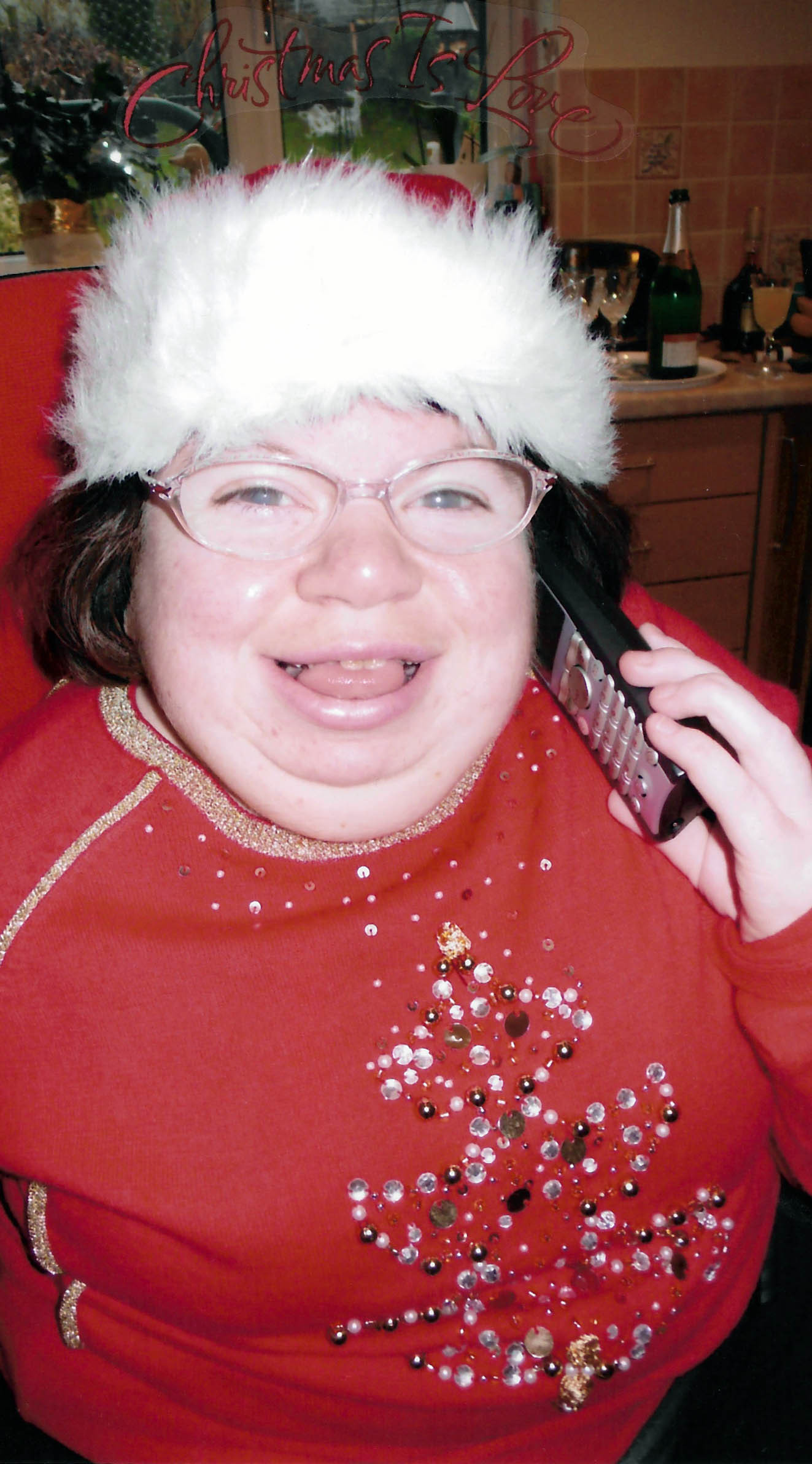
I am a Christian and found throughout the many dark tunnels we walked through during Helen's treatment and care, when back in the light, realised that I had not been alone, Jesus had been walking beside me, feeling the pain that I felt, catching the tears that flowed, keeping me safe when all I wanted to do was to close my eyes and never wake up. He gave me the strength to cope with all the problems I had to deal with. The Bible tells us of the end of time, but when someone so very close to you and so loved by you dies, we begin to question and want answers, but there are none, so in time we just trust the promise made of eternal life and I just hope that one day, we will be together again.
I started writing in a diary every day. Helen knew how much she was loved but probably had no idea how much she would be missed, so through the diary I could pour this out in words on a page, telling her all the family news, who had called, how I was not coping and how lonely life had become. Our mundane life revolved around the family and it was Helen's world, she ruled the household and was included in everything, so whether she knew it or not it was a pouring out of grief on a page.
The chasm Helen left in my life is immense and will never be filled, but in her name I had to learn to walk a different path and therefore try to keep busy doing things I know would make her happy. I am not angry about her death, it was exactly as she had asked, in my arms, knowing the love I had for her and her having the trust in me to make sure she was safe. With pride I talk about her because she is such a big part of who I am. I learned so much about life from her and for that I am grateful. I will mourn for her until the day I die but would not have missed the love she gave me for all the world.
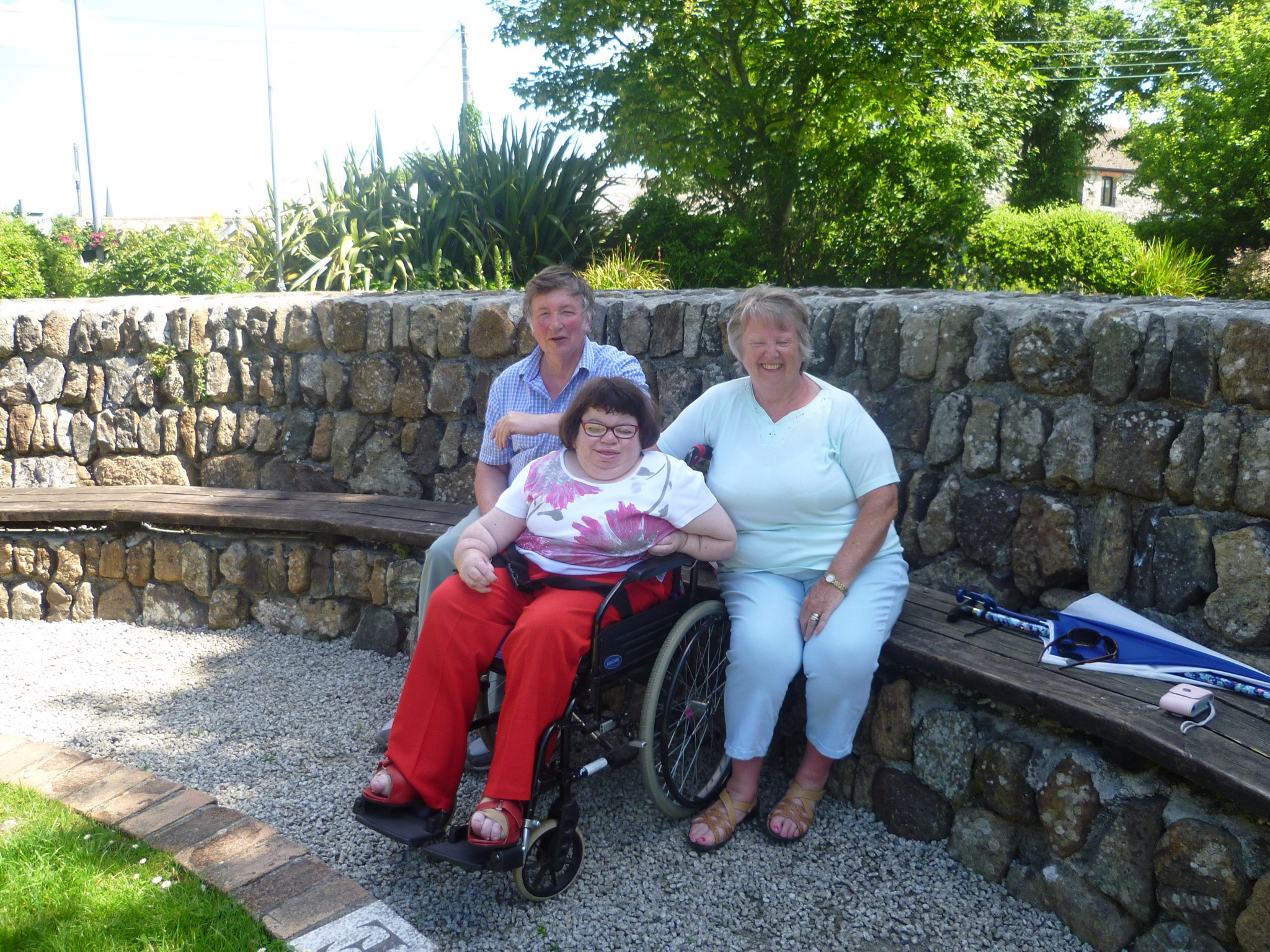
My advice to anyone would be to allow yourself to grieve in whatever way you want to, not how people tell you even though this is done with kindness. Take your time, everyone grieves in a different way and it is important for survival to do it your way.
In your own time join a bereavement group, even for a short period of time you will find that by telling your story it will not only help you but others in the group too. A listening ear can be a great comfort without any words being spoken in return.
Six years on, tears can flow at any time but I am not embarrassed about that. I was privileged to have a very special daughter who shall be remembered forever.
Pat Skidmore
If you are experiencing any of the issues in this article and would like to talk to someone please call our support and advocacy service on 0345 389 9901. Find out more about the support we offer to bereaved families on our support pages.
